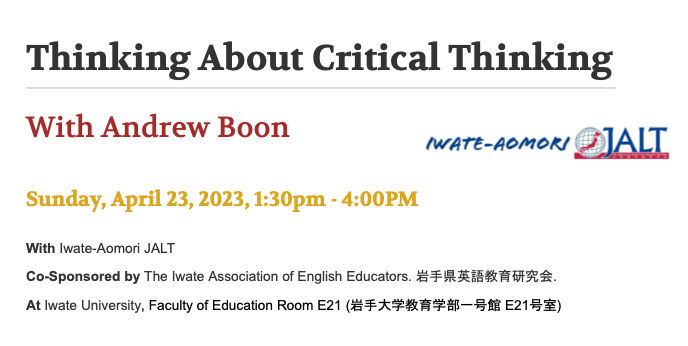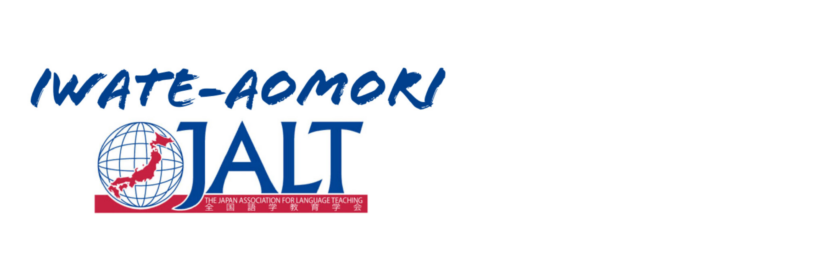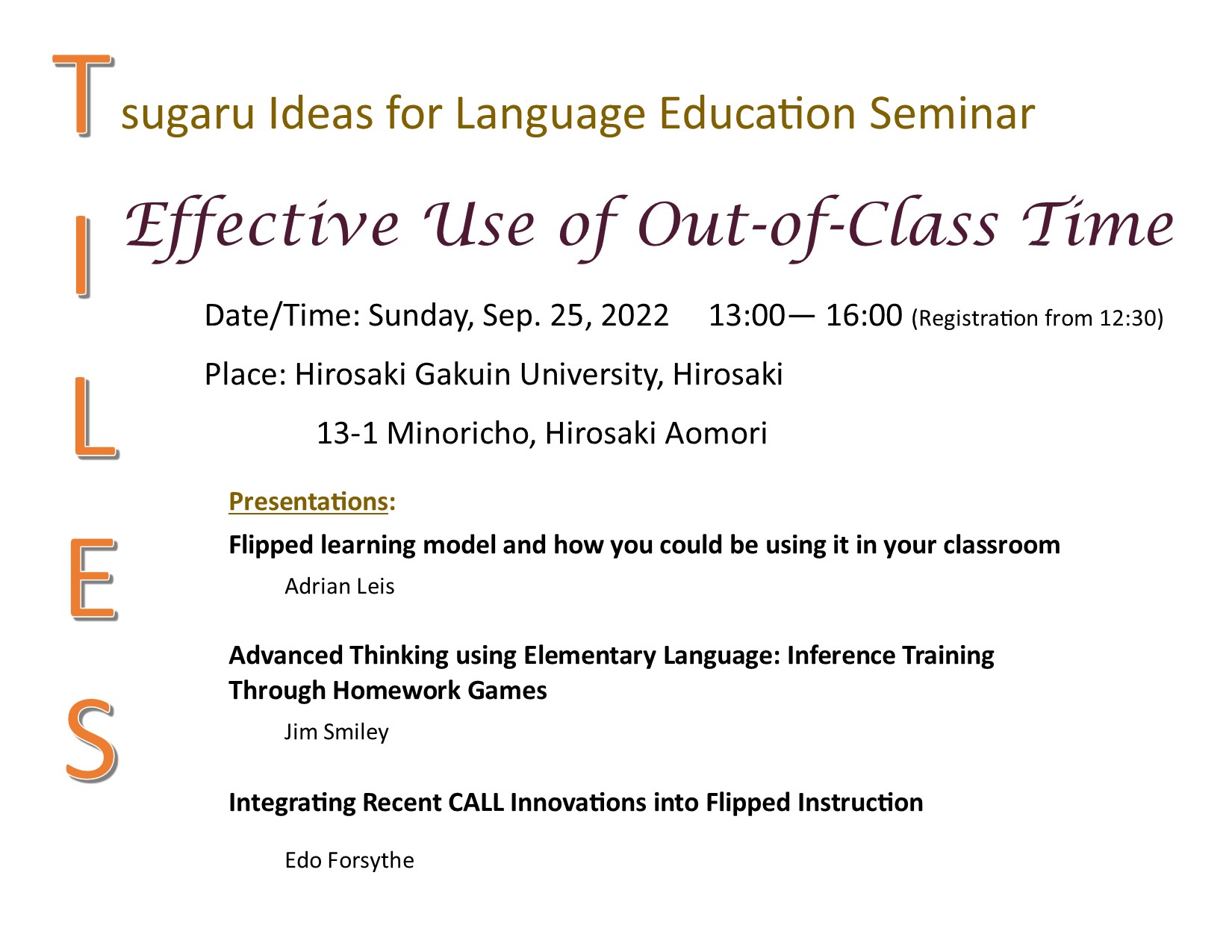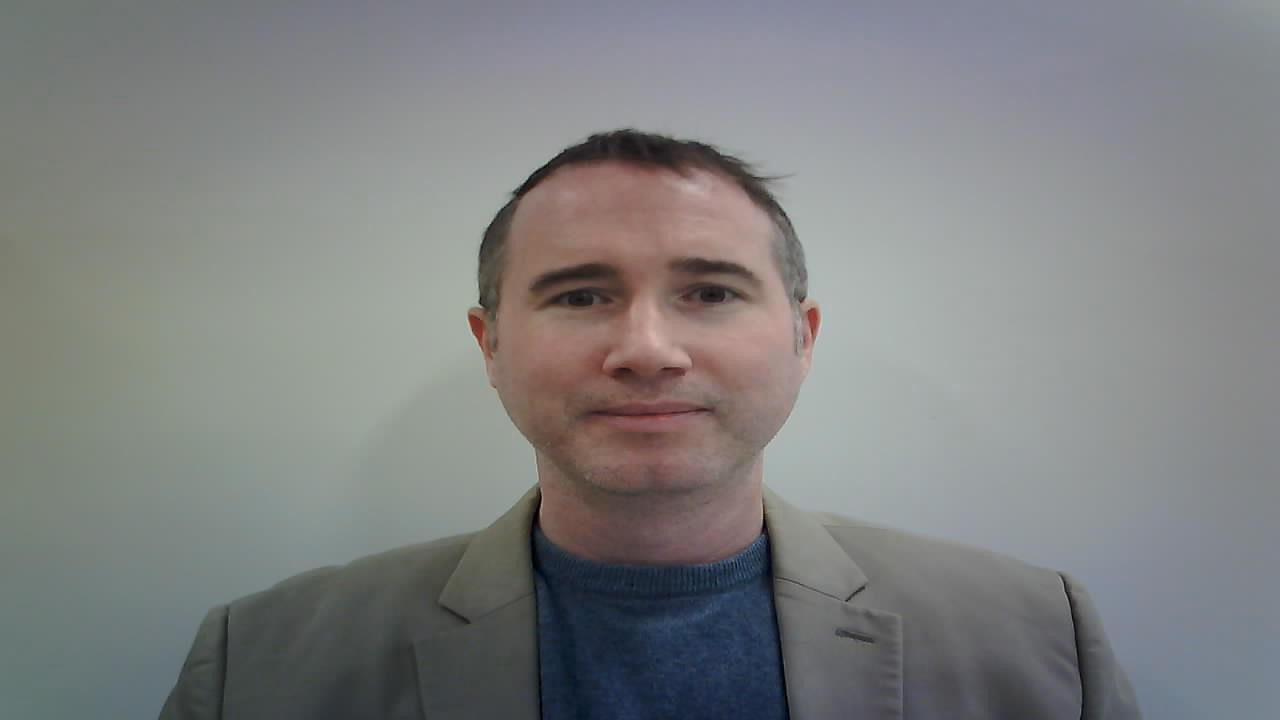
With Iwate-Aomori JALT
Co-Sponsored by The Iwate Association of English Educators. 岩手県英語教育研究会.
At Iwate University, Faculty of Education Room E21 (岩手大学教育学部一号館 E21号室)
Presenter: Andrew Boon
With the proliferation of fallacious arguments, “fake news,” and untrustworthy sources in today’s multimedia landscape, critical thinking skills are vital not only in one’s native language but also when engaged in the task of language learning. The presenter will give an overview of a new book in Routledge’s ‘Research and Resources in Language Teaching’ series that provides a springboard for teaching critical thinking skills in the language classroom (Hadley & Boon, 2023). The presenter will explain what critical thinking is, outline a cyclical process for introducing students to critical thinking, demonstrate several critical thinking classroom activities that teachers can use in their classes, explore ways to incorporate critical thinking into the curriculum, and share ideas for how to create one’s own critical thinking activities.
Bio
Andrew Boon is a Professor in the Global Communications Department of Toyo Gakuen University, Japan. He holds a PhD in Applied Linguistics from Aston University, UK, and has published numerous articles on methodology, motivation, and teacher development. He is also author and co-author of several writing, listening and speaking, and news media ELT textbooks and scores of graded readers for English language learners.
Address:
020-0066
Iwate
Morioka
3 Chome-18-33 Ueda
Japan


